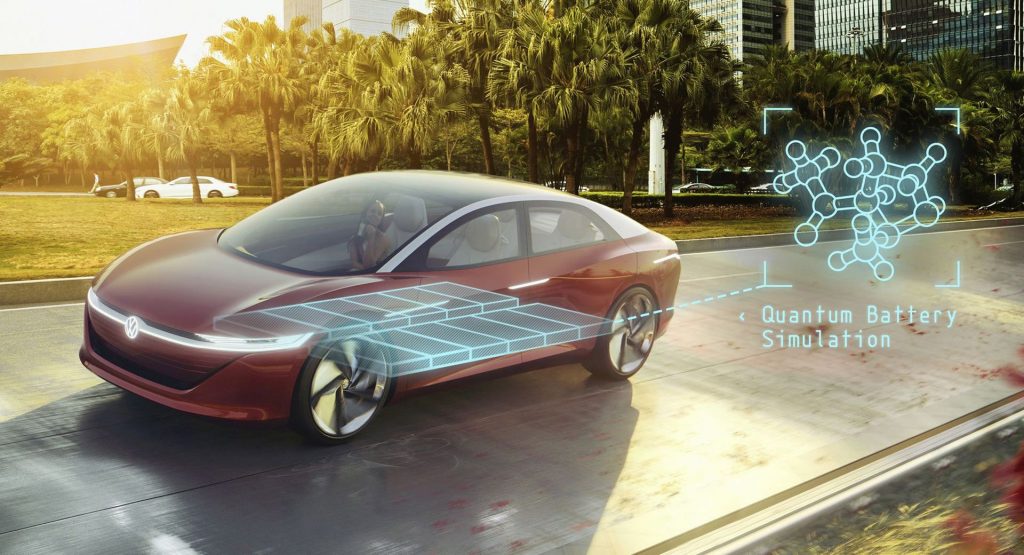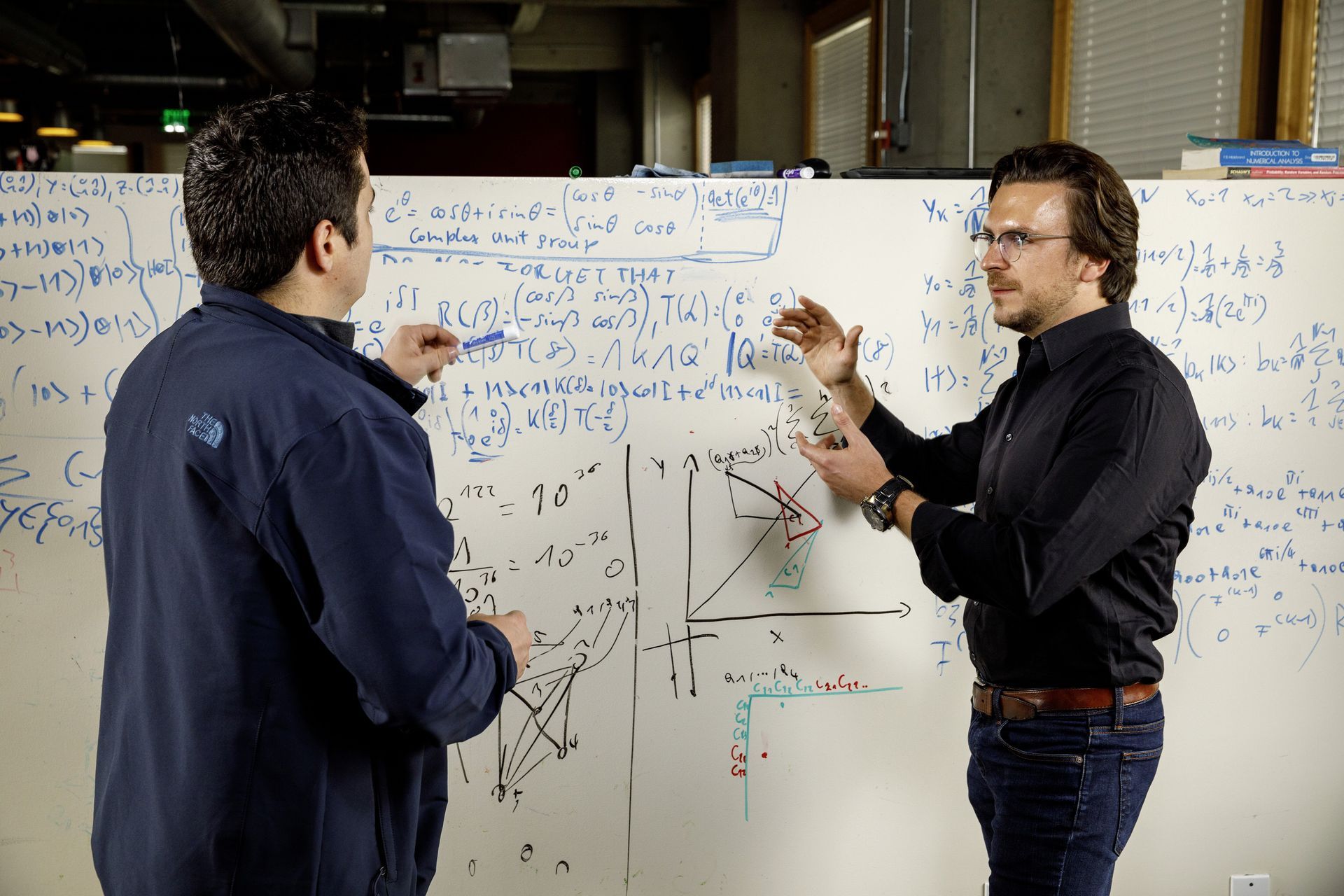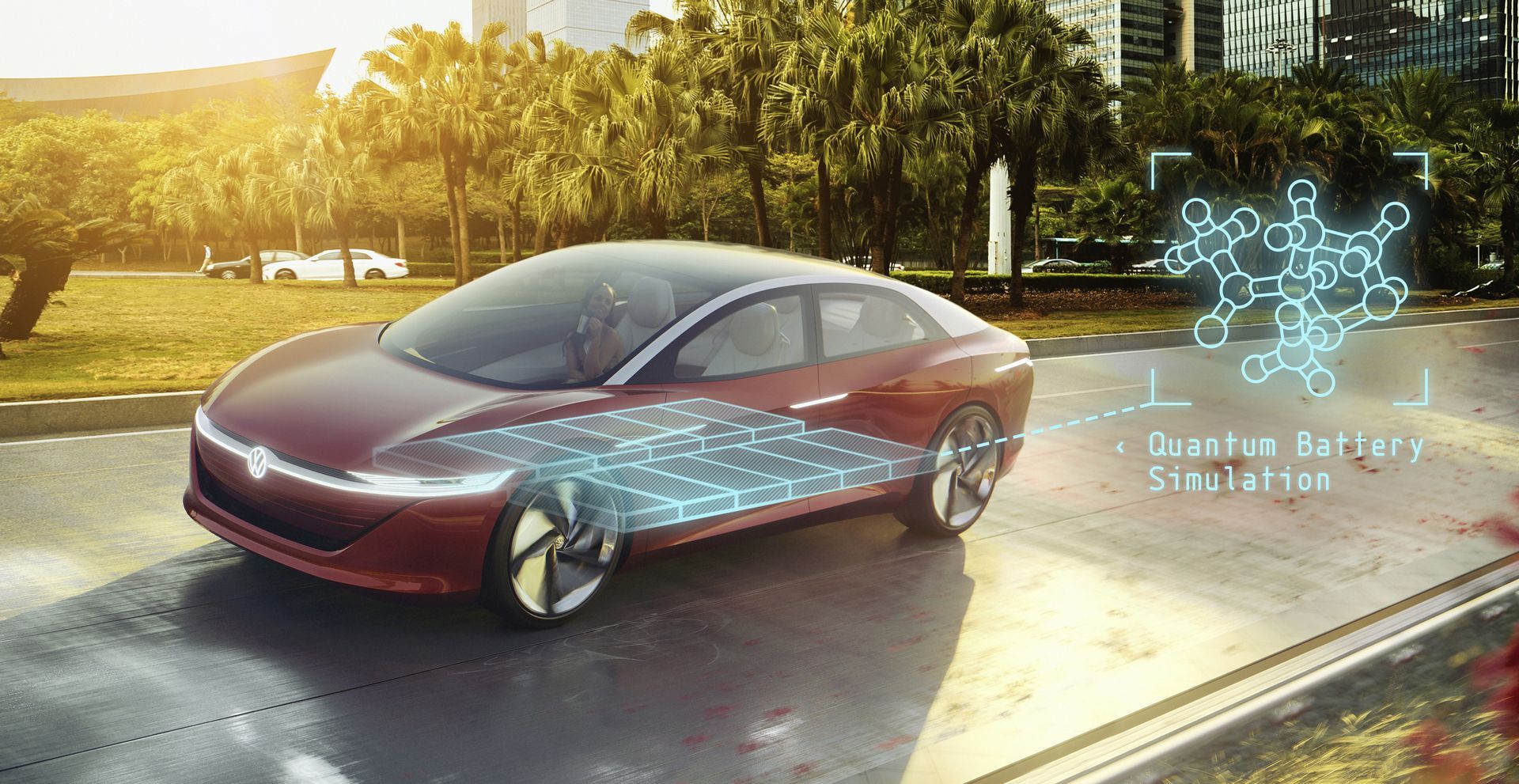Volkswagen is using advanced quantum computers to help with the development of electric vehicle batteries.
At the company’s CODE Lab in San Francisco, simulations of molecules such as lithium-hydrogen and carbon chains were recently run on quantum computers. Moving forward, the German automaker wants to simulate the chemical structure of a complete electric vehicle battery.
By using a quantum computer, VW will be able to replicate the chemical composition of a battery and analyze things like weight reduction and maximum power density, and create designs that can be easily used for production. The battery development process could therefore be significantly accelerated.
“We are working hard to develop the potential of quantum computers for Volkswagen. The simulation of electrochemical materials is an important project in this context,” Principle Scientist at Volkswagen’s CODE Lab, Florian Neukart said.
“In this field, we are performing genuine pioneering work. We are convinced that commercially available quantum computers will open up previously unimaginable opportunities. We intend to acquire the specialist knowledge we need for this purpose now.”
Volkswagen has been collaborating with Google and D-Wave and using their quantum computing systems throughout the process.
As work on this technology is only in its infancy, batteries developed with quantum computers are unlikely to appear in any of the firm’s I.D. electric vehicles – at least not in the first wave that will start with the I.D. hatchback that’s scheduled to enter production in late 2019.





